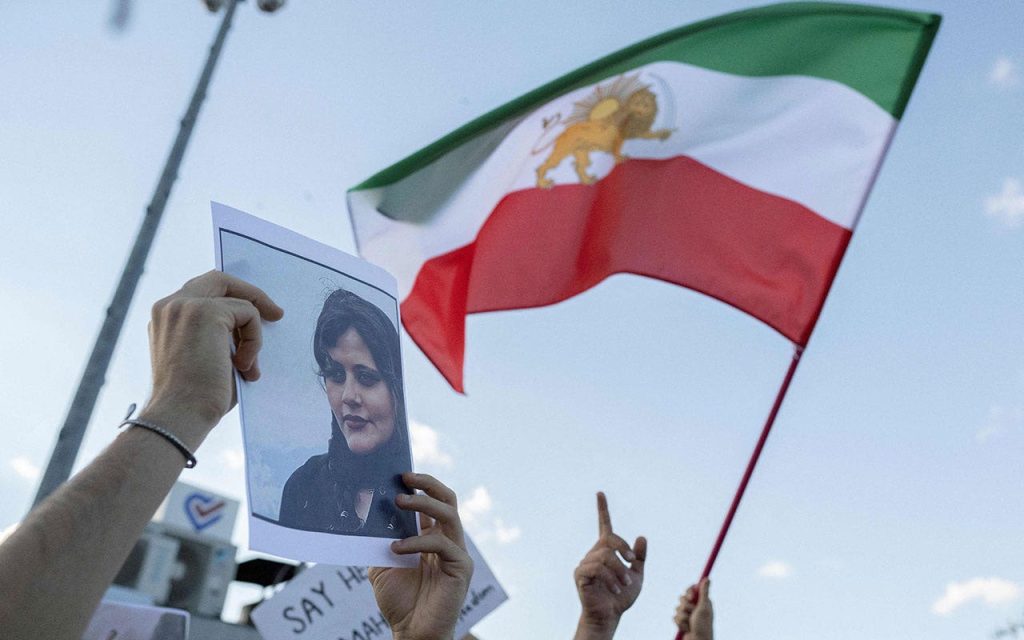Iranian rapper Toomaj Salehi has reportedly been sentenced to death by a Revolutionary Court in Isfahan, Iran. Salehi gained popularity for his lyrics criticizing the Islamic Republic and discussing the death of Mahsa Amini in 2022. Amini died after being arrested by police for not wearing a hijab, sparking widespread protests against the Iranian government. Salehi’s lawyer confirmed the death sentence but plans to file an appeal. The Revolutionary Courts in Iran often have closed-door hearings with secret evidence, denying basic rights to those on trial. The news of Salehi’s death sentence has drawn international criticism, with the United States and United Nations experts condemning the crackdown on dissent in Iran.
Salehi’s case stems from his criticism of Amini’s death and the Iranian government. In his lyrics, he predicts the downfall of Iran’s theocracy and criticizes the Basij wing of Iran’s paramilitary Revolutionary Guard and Supreme Leader Ayatollah Ali Khamenei. Salehi was initially sentenced to six years in prison but was released on bail after the Supreme Court sent the case back to the lower court due to flaws in the original sentence. However, Salehi was arrested again in November after stating that he was tortured following his earlier arrest. His re-arrest and subsequent death sentence highlight the severity with which the Iranian government has taken Salehi’s remarks and the broader crackdown on dissent following the protests over Amini’s death.
The death sentence issued against Salehi has raised concerns from activists and human rights organizations. Many believe that the sentence is an attempt by the Iranian government to silence dissent and stifle freedom of speech. Other journalists, activists, and musicians have also been targeted by the Iranian regime since the protests in response to Amini’s death. The use of death sentences and harsh punishments against those advocating against state oppression is seen as a violation of human rights and fundamental freedoms. Critics argue that the Iranian government’s actions are part of a broader pattern of human rights abuses and suppression of dissent within the country.
The international community, including the United States, has condemned Salehi’s death sentence and called for his immediate release. The State Department spokesperson criticized the Iranian regime’s use of the death sentence to suppress human rights and fundamental freedoms. The sentencing of Salehi has sparked outrage and concern among activists and human rights organizations, who see it as a blatant attempt to silence dissent and criticism of the government. The continued crackdown on dissent in Iran, as exemplified by Salehi’s case, reflects a broader pattern of human rights abuses and attempts to stifle freedom of speech and expression within the country.
The death sentence issued against Salehi underscores the challenges faced by individuals who dare to speak out against the Iranian government and its policies. The lack of rights and due process in the Revolutionary Courts in Iran raises further concerns about the fairness and transparency of the legal system. Salehi’s case sheds light on the ongoing crackdown on dissent in Iran and the harsh punishments faced by those who challenge the regime. The international community’s condemnation of Salehi’s death sentence reflects a broader concern about human rights abuses and the suppression of freedom of speech in Iran. It is imperative that supporters of free speech and dissent unite to demand the immediate release of Salehi and other individuals targeted by the Iranian government for expressing their opinions.


